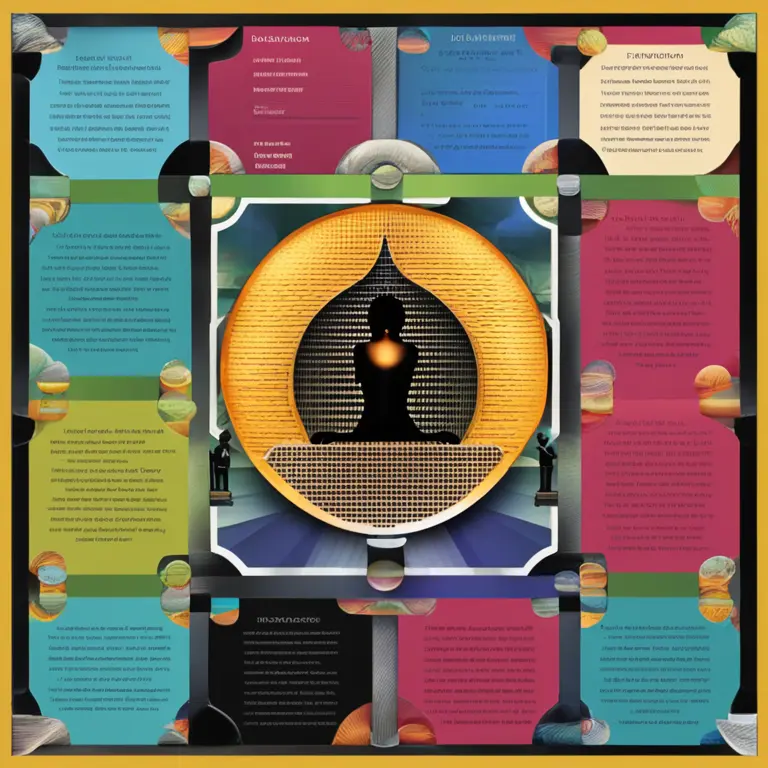
The Essence of Meditation: A Clear Definition
Delve into the core meaning of meditation with this concise guide, explaining its practice and benefits for modern wellness.
article by Hina Kurosawa
What is Meditation?
Meditation, often perceived as a mystical or spiritual practice, is essentially a technique for achieving a state of deep peace and heightened awareness. Rooted in ancient traditions, it has transcended time to become relevant in our fast-paced contemporary world. Most forms of meditation involve focusing the mind and calming the senses to reduce stress and enhance mental clarity. Whether pursued for relaxation or personal growth, meditation offers a sanctuary for reflective practice in the midst of our daily routines.

The Modern Relevance of Meditation
Today's society, with its incessant stream of information and never-ending demands, often leads to elevated stress levels and a persistent sense of haste. Meditation offers a counterbalance to this chaos, encouraging a mindful approach to life. As research continues to support its health benefits, including improved concentration, better sleep, and lower anxiety, meditation has become integrated into various wellness programs and therapeutic practices, highlighting its importance in health and self-care for 2024 and beyond.

Varieties of Meditation Practices
Meditation is not monolithic; its practices vary widely. Some focus on breath control, others on guided visualization or the repetition of mantras. Techniques like mindfulness encourage present-moment awareness, while concentration meditations advocate focusing on a single point. Each method serves the same goal: to usher in tranquility and insight. Given this diversity, individuals can explore different approaches to discover what resonates with them, ensuring meditation remains a personalized, adaptable practice.

Meditation and Scientific Perspective
Scientific inquiry into meditation has unveiled its tangible impacts on brain function and structure. Neuroimaging studies have demonstrated that regular meditation can lead to changes in areas related to emotion regulation, self-awareness, and attention. Neuroplasticity, the brain's ability to reorganize itself by forming new neural connections, is markedly influenced by meditative practices, fostering enhanced cognitive abilities and emotional resilience.

Incorporating Meditation into Daily Life
Incorporating meditation into one's daily routine need not be daunting. It can be as simple as dedicating a few minutes each morning to breathwork or practicing mindful walking on a lunch break. The flexibility of meditation means it can be adapted to any lifestyle, offering its benefits to all willing to commit a portion of their day to its practice. Over time, these moments spent in silence and reflection can lead to profound changes in one's perspective and well-being.
Meditation's Connection to Astrology and Biorhythms
Adherents of astrology and biorhythm theories often integrate meditation into their practices, using it as a tool to align with cosmic energies or internal physiological cycles. Such integrative practices suggest that meditation serves as a bridge between the physical and the metaphysical, potentially enhancing one's attunement to the rhythms of the universe and one's own body.
The Future of Meditation
As we look towards 2024 and beyond, meditation's evolution continues with the advent of digital platforms offering guided sessions, virtual retreats, and online communities. New scientific explorations in areas such as virtual reality meditation are further expanding its accessibility and appeal. The future of meditation will likely be characterized by a synergy of tradition and technology, making its benefits even more widely available.
Published: 1/14/2024
Modified: 1/15/2024
More predictions
Come back here soon to learn more about yourself and your future


Mindfulness & Meditation: A Guide for High Schoolers
Discover the benefits of mindfulness meditation tailored for the hectic life of high school students, and learn simple strategies to incorporate it into the daily routine.


Easing Loneliness with Meditation
Discover how mindfulness meditation can provide solace and connection to mitigate feelings of loneliness, enhancing emotional and mental well-being.


Harmonizing Life with Meditation Mantras
Delve into the transformative power of meditation mantras to align mind, body, and spirit for a harmonious existence.